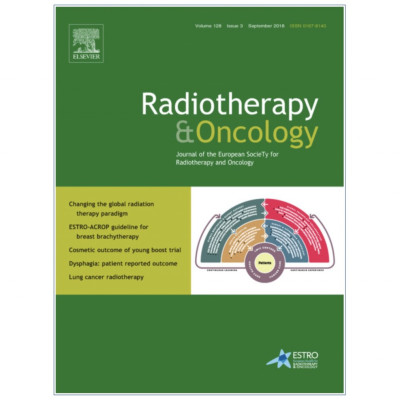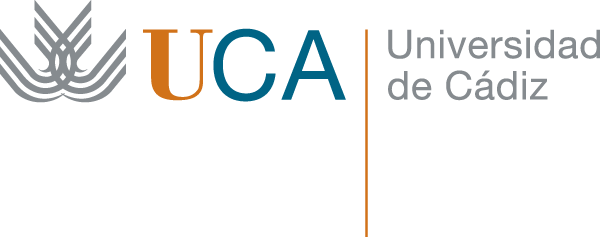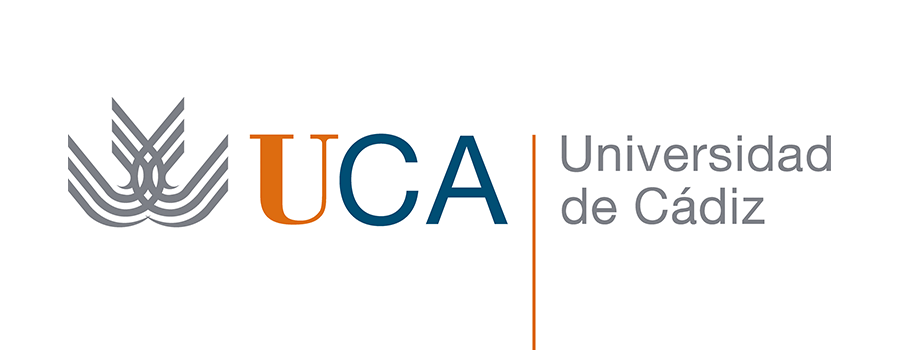Publication
Regulation of the oxidative balance with Coenzyme Q10 sensitizes human glioblastoma cells to radiation and temozolomide
J. Frontiñán, R. Santiago, C. Nieva, G. Ferrín, A. Martínez, M.V. Gomez, M. Moreno, J. Ariza, E. Lozano, J. Arjona, A. Gil, M. De la Mata, M. Pesic, J.R. Peinado, J.M. Villalba, L.A. Pérez-Romasanta, V.M. Pérez-García, F.J. Alcaín, M. Durán-Prado
Radiotherapy and Oncology 128(2) 236-244 (2018)
MOLAB authors
Abstract
Objectives: To investigate how the modulation of the oxidative balance affects cytotoxic therapies in glioblastoma, in vitro.
?Material and Methods: Human glioblastoma U251 and T98 cells and normal astrocytes C8D1A were loaded with coenzyme Q10 (CoQ). Mitochondrial superoxide ion (O2.-) and H2O2 were measured by fluorescence microscopy. OXPHOS performance was assessed in U251 cells with an oxytherm Clark-type electrode. Radio- and chemotherapy cytotoxicity was assessed by immunostaining of ?H2AX (24h), annexin V and nuclei morphology, at short (72h) and long (15d) time. Hif-1?, SOD1, SOD2 and NQO1 were determined by immunolabelling. Catalase activity was measured by classic enzymatic assay. Glutathione levels and total antioxidant capacity were quantified by using commercial kits.
?Results: CoQ did not affect oxygen consumption but reduced the level of O2.- and H2O2 while shifted to a pro-oxidant cell status mainly due to a decrease in catalase activity and SOD2 level. Hif-1? was dampened, echoed by a decrease lactate and several key metabolites involved in glutathione synthesis. CoQ-treated cells were two-fold more sensitive than control to radiation-induced DNA damage and apoptosis in short and long-term clonogenic assays, potentiating TMZ-induced cytotoxicity, without affecting non-transformed astrocytes.
?Conclusions: CoQ acts as sensitizer for cytotoxic therapies, disarming GBM cells, but not normal astrocytes, against further pro-oxidant injuries, being potentially useful in clinical practice for this fatal pathology.















